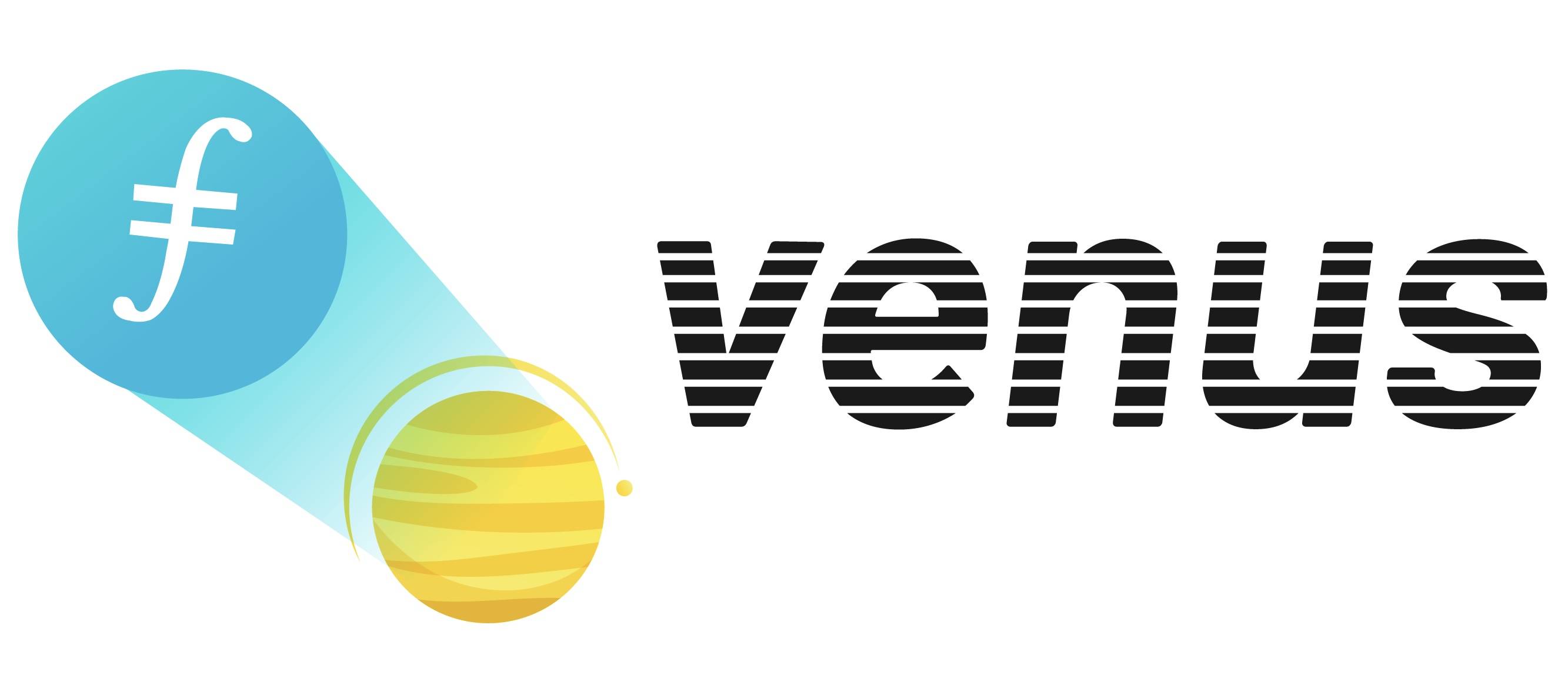Venus is an implementation of the Filecoin Distributed Storage Network. For more details about Filecoin, check out the Filecoin Spec.
For instructions on how to build, install and join a venus storage pool, please visit here.
With key features like security, ease of use and distributed storage pool, the deployment of a node using Venus is quite different from the one using Lotus. Details of mining architecture can be found here.
Venus loosely describes a collection of modules that work together to realize a fully featured Filecoin implementation. List of stand-alone venus modules repos can be found here, each assuming different roles in the functioning of Filecoin.
Venus is a universally open project and welcomes contributions of all kinds: code, docs, and more. However, before making a contribution, we ask you to heed these recommendations:
- If the proposal entails a protocol change, please first submit a Filecoin Improvement Proposal.
- If the change is complex and requires prior discussion, open an issue or a discussion to request feedback before you start working on a pull request. This is to avoid disappointment and sunk costs, in case the change is not actually needed or accepted.
- Please refrain from submitting PRs to adapt existing code to subjective preferences. The changeset should contain functional or technical improvements/enhancements, bug fixes, new features, or some other clear material contribution. Simple stylistic changes are likely to be rejected in order to reduce code churn.
When implementing a change:
- Adhere to the standard Go formatting guidelines, e.g. Effective Go. Run
go fmt. - Stick to the idioms and patterns used in the codebase. Familiar-looking code has a higher chance of being accepted than eerie code. Pay attention to commonly used variable and parameter names, avoidance of naked returns, error handling patterns, etc.
- Comments: follow the advice on the Commentary section of Effective Go.
- Minimize code churn. Modify only what is strictly necessary. Well-encapsulated changesets will get a quicker response from maintainers.
- Lint your code with
golangci-lint(CI will reject your PR if unlinted). - Add tests.
- Title the PR in a meaningful way and describe the rationale and the thought process in the PR description.
- Write clean, thoughtful, and detailed commit messages. This is even more important than the PR description, because commit messages are stored inside the Git history. One good rule is: if you are happy posting the commit message as the PR description, then it's a good commit message.
This project is dual-licensed under Apache 2.0 and MIT.

